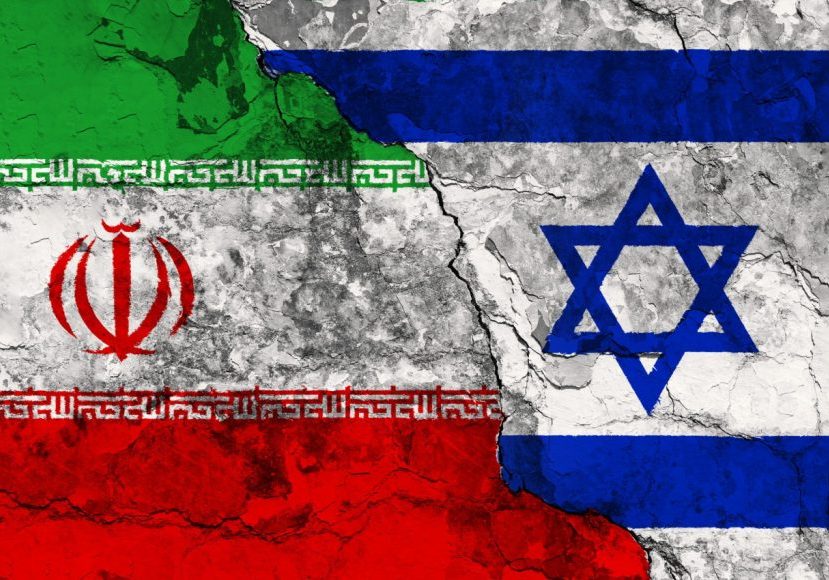IN THE MEDIA
Nukes or not, Iran remains a threat
Dec 6, 2007 | Bren Carlill
Bren Carlill
Courier Mail, December 6, 2007
AMERICAN intelligence agencies believe Iran has halted its nuclear weapons program. Since an Iranian nuclear bomb would risk destabilising the entire Middle East, this sounds like great news. But it’s worth looking beyond the headlines.
The National Intelligence Estimate (NIE) represents the consensus opinion of America’s various intelligence organisations.
A declassified NIE released this week states: “We believe with high confidence that in 2003, Tehran halted its nuclear weapons program; we also assess with moderate-to-high confidence that Tehran at a minimum is keeping open the option to develop nuclear weapons.”
Iran has halted its program, not because it doesn’t want a bomb but primarily in response to increasing international scrutiny and pressure.
Whereas some might point to this as evidence that diplomacy is more effective than the threat of force, take a look at the date. Only a few months before the northern autumn of 2003, America showed how easily it could overrun a major Middle Eastern country, Iraq. When Libya announced in December 2003 it would dismantle its nuclear program, the Iraq war was credited as the main reason.
That doesn’t mean America should bomb Iran. But it does mean that a diplomatic initiative backed up by a credible military threat has a much greater chance of success.
The international community has been ineffectively trying diplomacy with Iran for years. And it has offered to help Iran establish civilian nuclear facilities. But Iran keeps saying no.
If it was only interested in peaceful purposes, why does Iran reject all offers to help it develop a civilian-only nuclear capability? Why does it continue to violate the Nuclear Non-Proliferation Treaty (NPT), which is designed to reduce confusion over nuclear ambitions?
Relaxing pressure now would be a mistake, as the NIE all but says Iran will eventually develop nuclear weapons.
The two key points in the NIE report are these: Tehran’s decisions are guided by a cost-benefit approach rather than a rush to a weapon irrespective of the political, economic and military costs. This, in turn, suggests that some combination of threats, along with opportunities for Iran to achieve its security, prestige and goals for regional influence in other ways, might — if perceived by Iran’s leaders as credible — prompt Tehran to extend the halt to its nuclear program.
But convincing Iran’s leadership to forgo the eventual development of nuclear weapons will be difficult, given the link many within the leadership see between nuclear weapons development and Iran’s key national security and foreign policy objectives.
What does this mean? First, Iran can be pressured, but the pressure must be seen as credible. Second, pressure will work only if Iran’s goals for regional influence can be met in other ways. Third, as Iran sees a link between its foreign policy objectives and having nukes, it’s likely it will restart its program anyway.
Iran’s goal has long been regional hegemony. Nuclear weapons would deliver this. The only other way would be if America sacrifices Saudi, Iraqi, Israeli and Turkish security on the altar of Iran’s whims.
But this won’t happen. Therefore, it’s inevitable that Iran will, at some stage, resume its weapons program.
Enriching uranium is difficult. But converting enriched uranium into weapons is relatively easy. And since United Nations inspectors have previously found schematics for designing nuclear warheads in Iran, we can already guess in which direction the Islamic republic is heading.
But Iran isn’t there yet. It’s still enriching uranium under the guise of a civilian program. It’s for this reason that pressure must continue to be applied. Once enough uranium is enriched, it will be very difficult to deter a determined Iran. Therefore, now is the time for increased pressure.
Despite and because of the NIE report, sanctions must continue to be placed on Iran until it complies.
Bren Carlill is an analyst at the Australia/Israel & Jewish Affairs Council
Tags: Iran











